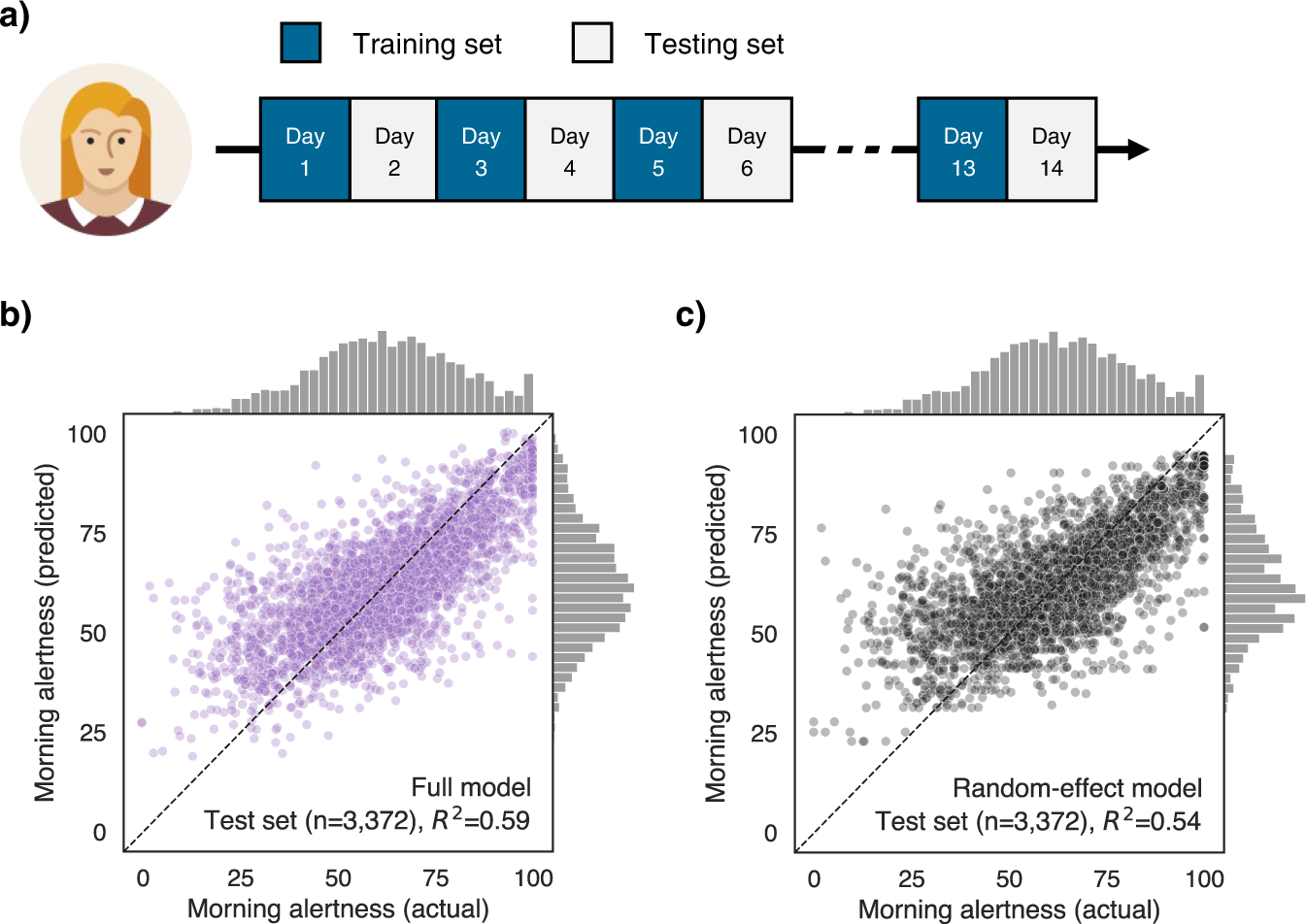2022-11-29 カリフォルニア大学校アーバイン校(UCI)
この調査は、UCI MINDとして知られるUCI Institute for Memory Impairments and Neurological Disordersが実施したものです。Journal of Alzheimer’s Diseaseに掲載されました。
<関連情報>
- https://news.uci.edu/2022/11/29/controversial-alzheimers-drug-approval-sparks-surprising-impact/
- https://content.iospress.com/articles/journal-of-alzheimers-disease/jad220801
アデュカヌマブの承認がアルツハイマー病の前臨床試験への参加意欲に与える影響について。Effect of Aducanumab Approval on Willingness to Participate in Preclinical Alzheimer’s Disease Trials
Ritchie, Marina | Witbracht, Megan | Nuño, Michelle M. | Hoang, Dan | Gillen, Daniel L. | Grill, Joshua D
Correspondence to: Marina Ritchie, MA, UC Irvine Institute for Memory Impairments and Neurological Disorders (UCI MIND), 3230 Biological Sciences III, University of California, Irvine, CA, USA.
Abstract:
Background:Clinical trials now test promising therapies in the preclinical stages of Alzheimer’s disease (AD). Participant willingness to enroll in different types of preclinical AD trials is understudied and whether the FDA approval of aducanumab affected these attitudes is unknown. Objective:To evaluate preferences toward three preclinical AD trial scenarios and whether the FDA approval of aducanumab changed willingness to participate among potential trial participants. Methods:Through an electronic survey, we asked enrollees in a recruitment registry age 50-79 to rate their willingness (using a 6-point Likert scale) to enroll in three hypothetical preclinical AD trial scenarios: an in-clinic infused monoclonal antibody intervention, a home-infused monoclonal antibody intervention, and an oral BACE inhibitor intervention. We administered the survey before and after the FDA approval of aducanumab. We used a generalized estimating equation model to assess group differences in preference for the trial scenarios. We used a paired t-test to determine if willingness to participate (using total willingness across three scenarios as the outcome) changed after the FDA decision. Results:At baseline, the mean participant willingness was highest in the in-clinic infusion scenario. There was no significant change in willingness to participate, overall, after the FDA decision. Participants who were independently aware of the FDA’s decision (prior to the second survey) demonstrated reduced willingness to participate; participants unaware of the FDA decision demonstrated no change. Conclusion:Willingness to participate in preclinical AD trials may have been negatively affected by the FDA’s decision to approve aducanumab among those aware of the decision.



